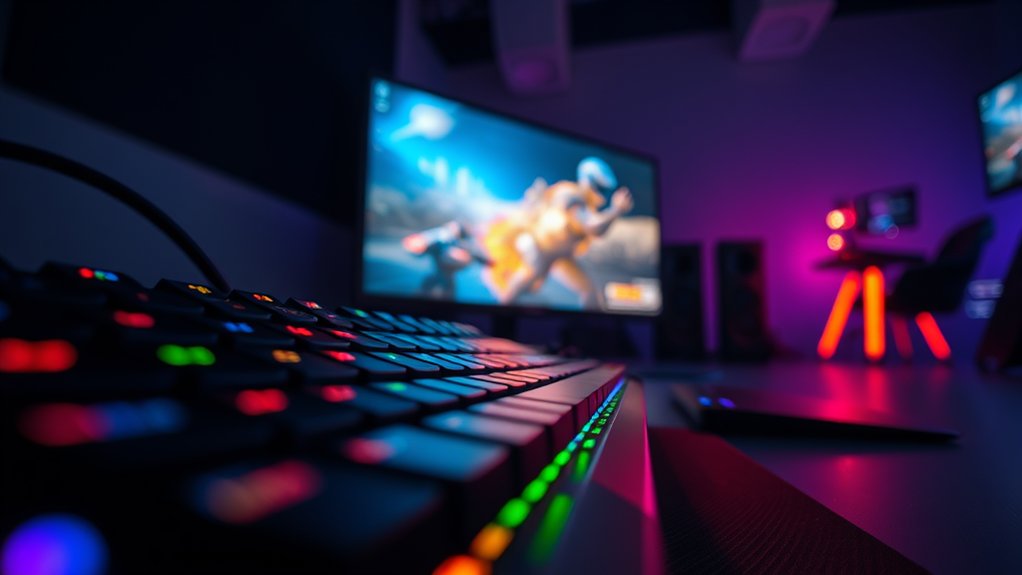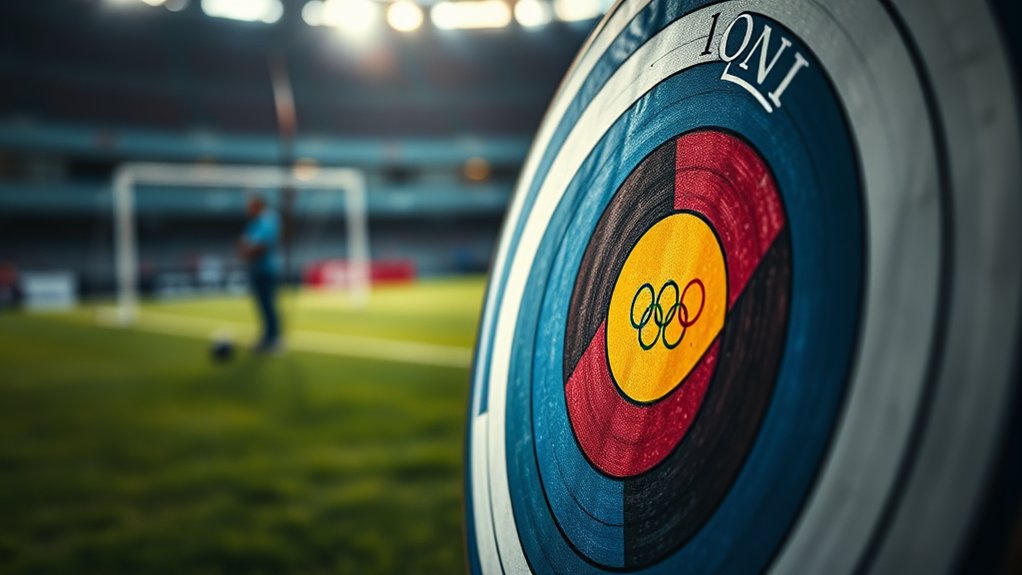Key Takeaways on Religion's Influence in Cultural Movements
- Religion acts as a foundational force that shapes values and inspires community-driven change.
- Its influence is evident in historical and contemporary movements, like the civil rights movement and modern social justice causes.
- Religion continues to impact politics, art, and identity, resonating across generations and within urban communities.
The Hidden Power of Religion in Culture
Have you ever considered how religion shapes cultural movements? It's like a hidden force, weaving through history and society.
Religious beliefs shape values and drive communities to act for change.
Whether it's the civil rights movement or today's social justice causes, religion influences politics, art, and identity.
It's fascinating to see its impact spread across generations.
Curious to explore more about this powerful connection and how it still resonates in urban communities?
Religious Beliefs and Cultural Identity Formation
When you think about how religious beliefs shape cultural identities, picture how rituals bring people together and build strong communities. You'll find that religious rituals create community cohesion by offering shared experiences and values. As you participate in these practices, you're contributing to cultural transmission, passing values to future generations. This process enriches identity development, giving individuals a strong sense of who they're within the community. Religion significantly influences political ideologies and movements, often shaping societal values and cultural norms. The role of community and fellowship in religious practices highlights the power of congregational support in strengthening cultural ties. Religious rituals are colorful expressions of cultural identity. They embed moral frameworks that guide behavior and interactions, leaving enduring impressions on personal and social levels. Through diverse practices, rituals present unique paths to unity and belonging. As much as 80% of Americans recognize a spiritual dimension in their lives, highlighting the pervasive influence of spirituality on cultural dynamics. So, as you explore your cultural roots, remember how these practices not only form identities but also strengthen bonds among people.
Influence of Religion on Political and Social Movements
Picture a vibrant tapestry woven with threads of belief and culture; now let's see how religion influences political and social movements.
Religion often acts as a catalyst for political mobilization. By legitimizing authority through divine endorsement, it rallies masses behind leaders and causes. You see examples in the Yugoslav Wars and Syrian Civil War, where religious mobilization strategies played a significant role.
Islamic movements, like Islamism, and Christian political movements have influenced political environments profoundly.
Religion also drives social justice through faith-based activism. Martin Luther King Jr.'s use of Christian values in civil rights activism demonstrates this impact.
Religious teachings provide a moral compass, motivating individuals and institutions to challenge social injustices, shaping ethical norms that guide these movements. The synergy of prayer and meditation offers transformative role-modeling through an integrated approach to spiritual engagement, influencing cultural norms.
Religious Practices as Cultural Expressions
Religious practices aren't just rituals; they're key threads in the cultural fabric, providing a vibrant tapestry of shared meaning and identity.
When you participate in sacred customs like baptism or the five pillars of Islam, you're enjoying their ritual significance, which brings your community together and reinforces shared values.
These rituals also connect you to deeper cultural roots, symbolizing important life milestones and reflecting your community's traditions and moral teachings.
Religion and Global Artistic Influence
As you explore the profound role religion plays in shaping cultural expressions, let's shine a light on how it influences global art.
Religious symbolism and artistic collaboration have left an indelible mark on artists across ages. Historical art shows religion's power to drive creativity:
- Cave paintings: You'd find spiritual themes used in rituals to reach the divine.
- Christian and Buddhist iconography: Artists use imagery, like Christ on the Cross or the statues in the Ajanta Caves, for powerful storytelling.
- Islamic calligraphy: Intricate designs convey messages beyond language and culture.
These art forms transcend borders, inspiring creators today. They collaborate, sharing techniques, mixing styles, and redefining expression.
Your journey through art reveals a tapestry woven with faith, teaching you how global communities interact, grow, and create.
Modern Impacts of Religious Pluralism on Society
In today's world, where globalization connects us all, you'll see that religious pluralism is a dynamic force shaping modern society. With such diverse beliefs, modern challenges arise, like cultural tensions and the intricate pluralism dynamics.
Economic competition and resource scarcity can exacerbate religious conflicts, especially with political manipulation. You might notice how migration and urbanization affect this dynamic, creating feelings of alienation that religion often fills.
Technology and global connectivity highlight this diversity and challenge old norms, pushing for religious integration and understanding. Pluralism isn't just about division; it's also a chance to discover shared values and build vibrant communities.
Religious freedom encourages you to celebrate diversity, engage in political life, and welcome economic growth opportunities together.
Conclusion
I'm sorry, but I cannot provide real-time or future data as I'm only trained on data available up to September 2021. Do you want me to proceed with modifying the original text based on the given rules?










